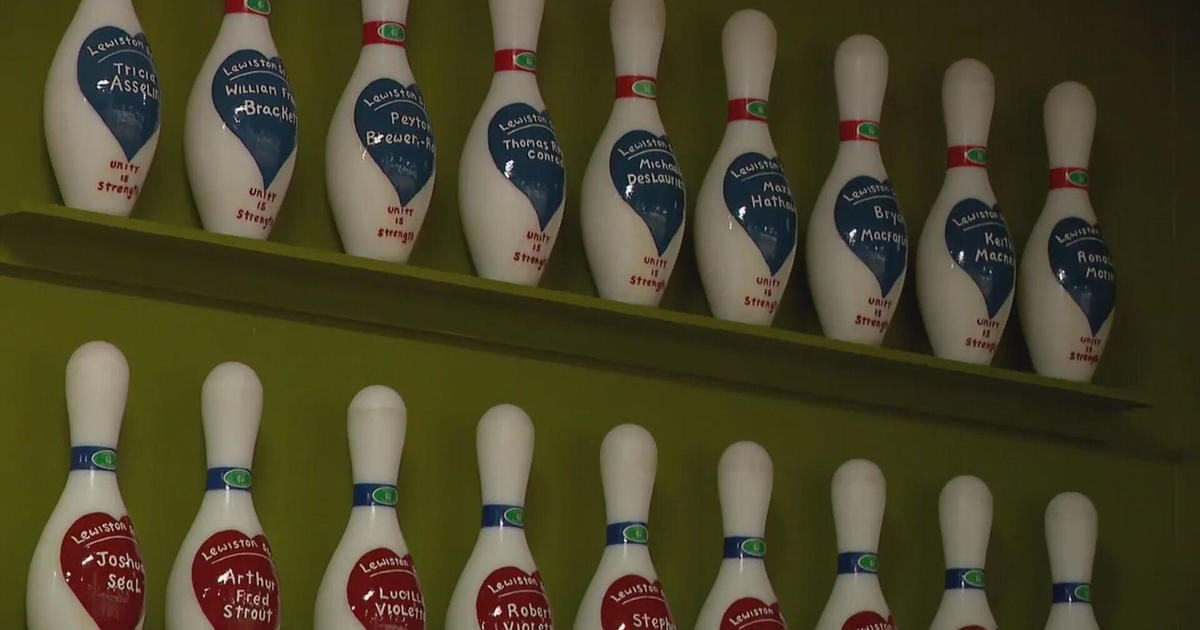Health: Popular Drinks May Increase Or Decrease The Risk For Depression
By Stephanie Stahl
PHILADELPHIA (CBS) – New research links some popular drinks to depression. 3 On Your Side Health Reporter Stephanie Stahl has more on what drink may increase or decrease your risk.
Millions of people drink sweetened beverages every day, from soda to tea and even fruit punch. Now, new research shows those drinks may increase the risk for depression.
"That's untrue. I'm not depressed. I feel very good," said Brenda Adams, who regularly drinks diet soda.
"That would make complete sense. Absolutely complete sense," said Barbara Pagano, a drug and alcohol counselor.
New research from the American Academy of Neurology shows people who drink four or more cans of soda a day are 30 percent more likely to develop depression. The same amount of fruit punch increased the risk by about 38 percent.
The risk for depression was even greater for those who consume diet drinks, according to the research.
Previous studies have shown that the artificial sweetener aspartame, often found in diet beverages, can lower the brain's feel good chemical, serotonin, leading to depression.
"You have your serotonin, which you know, it needs to be regulated. And the diet soda with the aspartame would interfere with the serotonin, and there you go -- out of wack," explained Pagano.
Dr. Monica Duvall, a family medicine specialist at Rittenhouse Women's Wellness Center, said people often find ways to live and work with depression.
"There are a lot of people who can function, and then they get home and they fall apart," said Dr. Duvall.
On the positive side, the new research also suggests drinking coffee can lower a person's risk of depression. People who drink four or more cups a day were about 10 percent less likely to develop it. Researchers say it's the caffeine in coffee that appears to stimulate the brain and reduce the risk.
And that's something Megan Trznadel, of Philadelphia, feels is an added bonus.
"Coffee makes me happy in the morning," Megan said.
The American Beverage Association says the new research doesn't show the drinks can actually cause depression. It also says these finding are not only premature, but irresponsible.
For more on the Rittenhouse Women's Wellness Center, visit: www.rwwc.com



